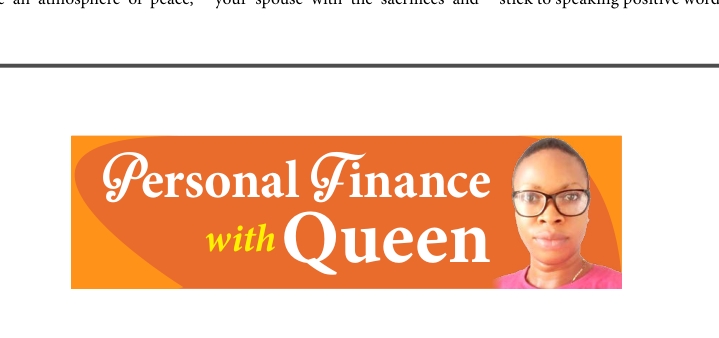It is now public knowledge that the Central Bank of Nigeria (CBN) has revoked the operating licence of Heritage Bank and appointed the Nigeria Deposit Insurance Corporation (NDIC) as the liquidator of the bank. Sequel to this, the NDIC has started the process of repaying the bank’s depositors. The snag, however, is that the NDIC says that it will be paying a maximum of N5 million, which is the insured amount, per depositor of the bank with alternate account within the industry using the depositors’ Bank Verification Number (BVN) to locate their alternate account. N5 million! If you then have deposits in excess of N5 million, the corporation says you will be paid liquidation dividend upon realization of the bank’s assets and recovery of debts owed to the bank. There are no timelines to this.
This announcement by the NDIC has thrown some depositors into lamentation. One of such is an anonymous young Nigerian lawyer whose story has been trending on social media since the announcement. According to the story, the young lawyer claims to have N17 million in Heritage Bank and is lamenting that her money may have gone down the drain as the NDIC says it is paying the maximum N5 million statutory insurance payment for insured deposit.
Now the story of this young lawyer is quite touching. She may have been saving the money for something, and maybe what she needs it for is around the corner. Nobody is saying she will lose the rest of her deposits. However, it is bound to take some time and maybe, by then, she may have lost the chance of what she had intended to use the money for.
This brings us to a very important topic: the need to spread your investment risks. A popular English adage admonishes against putting all your eggs in one basket. What if the basket falls down yakata?
It is important to spread your investment risks to avoid stories that touch. Savings is good, but that’s so you can mop up capital. Once that’s done, think investment. There are several options, and whichever option you choose will depend on how involved you want to be in the investment, how much money you have to start investing, and how much risk you are willing to take. By spreading your cash among different investments, you can reduce the risk of losing a lot. If one investment goes bad, another might do well, which helps keep your money more stable.
Real estate
Buying and owning property can be both satisfying and lucrative. This is one investment risk you can never regret taking because of the appreciation value, or return on investment. Over time, the properties you buy now could be worth a lot more later. But you need to do the necessary investigation before you purchase any property to be sure you are not being swindled. Secondly, be sure to do the required documentation on your land after purchase. It is also advisable to endeavour to be extremely thorough in all your documentation and avoid cutting corners. No one becomes wealthy by scattering what they have gathered.
Stocks
Much as the appreciation value is unpredictable like that of real estate, it is still a better option to invest in shares than to tie a greater portion of your funds in a savings account. It’s true that savings accounts are a less risky type of investment, and it is generally recommended to keep some of your money in the assets basically for emergency purposes. But investing in shares can give your money the chance to earn better returns than it would if left it in a bank. Diversification across different sectors can reduce risk, and it is advisable to start with companies that consistently perform well or show growth potential.
Treasury bill
This is a short-term investment that allows investors to choose investment tenors or days depending on their risk preference. T-Bills are highly regarded for their security, backed by the government’s promise, making them a solid choice for those seeking a reliable, short-term investment solution with minimal risk. Before investing in treasury bills, it’s important to compare the maturity period and interest rates to align with your financial objectives, ensuring a balance between liquidity and profitability.
These are just a few areas you may consider putting your money. They are by no means exhaustive. Seek out other options, weigh the risks, and speak with experts to ensure you understand the nature of the investment you want to go into before parting with your hard-earned money.
Remember, investment can turn out good or bad. However, endeavour never to be discouraged by what didn’t work out well but be encouraged by what really worked out well. Doing lots of research in the area of your investment and knowing how much risk you can handle will help you succeed in investment. Most importantly, don’t put all your eggs in one basket.
Queen, a personal finance advisor, can be reached via [email protected].


